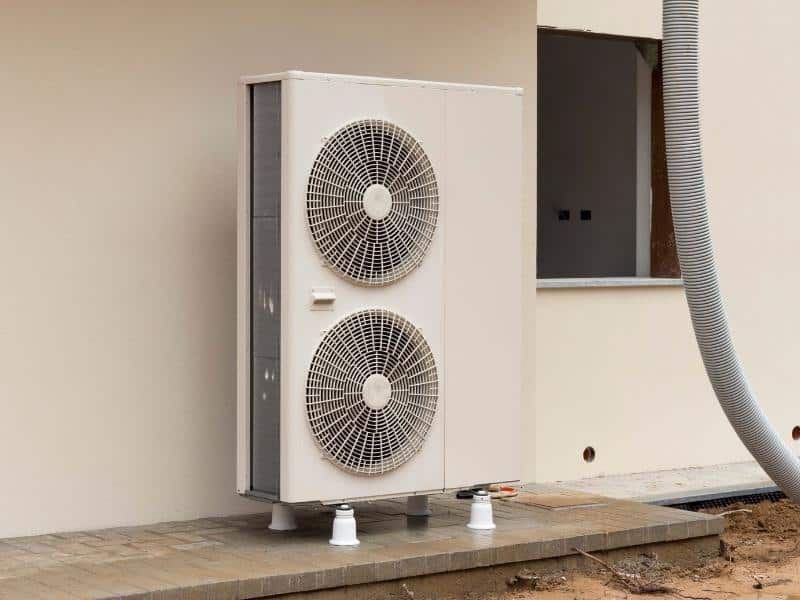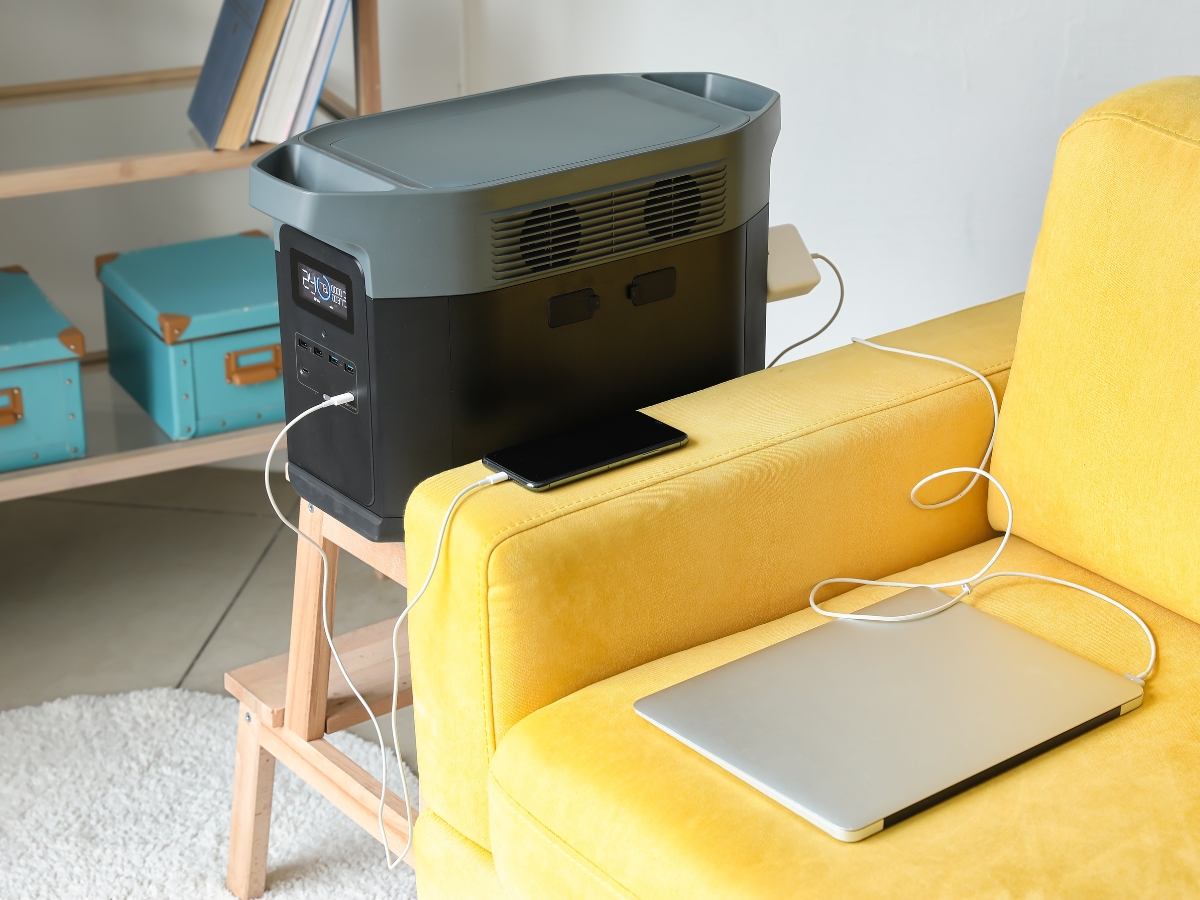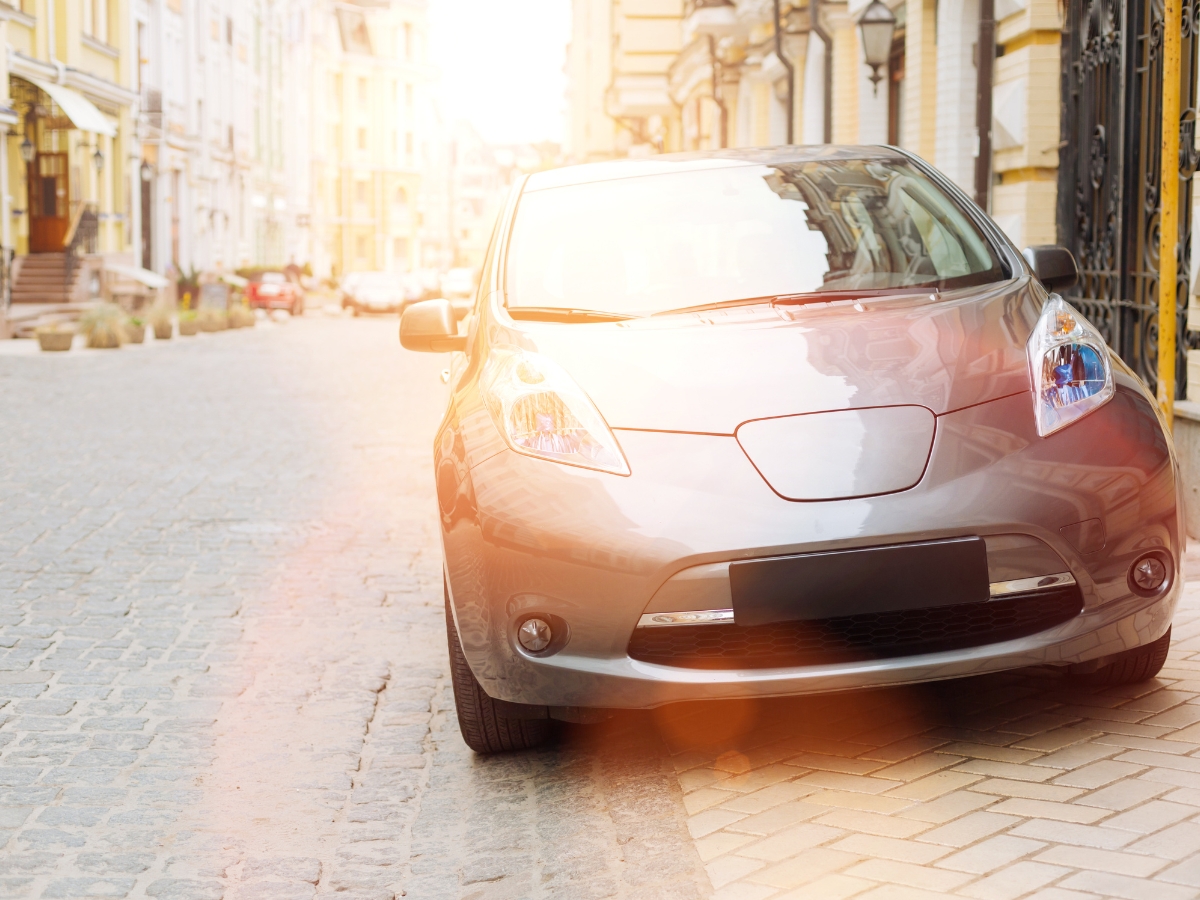Heat pumps are one of the more efficient ways to heat and cool a home. They make excellent use of the watts you are paying for. Like any Heating, Ventilating, and Air Conditioning (HVAC) system, several factors influence the power required to operate the system.
These factors also impact the effectiveness of the system. In some cases, conditions make the Heat Pump less attractive than other forms of heating and cooling a home. We can explore some of these factors.
- Watts required to run a Heat Pump.
- How big of a Heat Pump do you need?
- Is a Heat Pump the best way to heat and cool your home?
Heat pumps are used all over the world. In many situations, they are the best way to heat and cool a home. But, like any technology, they are not the most efficient in every case.
How do you decide if a Heat Pump is the best system for your home? Let’s take a, look at what Heat Pumps do and if one would work for you.

How Much Power Do Heat Pumps Use?
Heat Pumps come in a variety of styles and sizes. The power requirements of any Heat Pump are determined primarily by size.
Units are rated in TONS. This is not a measure of weight, but of heat moved. Each ton of capacity equates to about 12,000 BTUs of heat moved into or out of a home in one hour.
Heat pumps for homes tend to come in half-ton increments up to five tons. Each ton of capacity requires approximately 1000 watts of operating power.
Estimates of Heat Pump Power Requirements
These are approximations.
- 1 Ton = 3000 Watts Start-Up = 1000 Watts Running.
- 3 Ton = 9000 Watts Start-Up = 3000 Watts Running.
- 5 Ton = 15000 Watts Start-Up = 5000 Watts Running.
How Many Kilowatt Hours (kWh) Is That?
Since we pay for electricity by the Kilowatt Hour, knowing how many are consumed in a day is important.
Under ideal circumstances, a properly sized and installed heat pump will run about one-third of the time. That works out to about 20 minutes an hour and about 8 hours a day. In less than ideal circumstances, like when the outdoor temperature is over 90º F or below 40º F, even a well-designed heat pump will run almost continuously.
To calculate the kilowatt-hours used, multiply the Running Watts times the hours in operation.
kWh Calculations
- 3 Ton unit runs for 8 hours.
- 3000 watts X 8 hours = 24 kWh.
- 3 Ton unit runs for 16 hours.
- 3000 watts X 16 hours = 48 kWh.
- 5 Ton unit runs for 8 hours.
- 5000 watts X 8 hours = 40 kWh.
These samples show the importance of having a properly sized heat pump. The second and third example shows that a small unit that runs more actually uses more energy than a larger unit that runs less. But, how do we know what size heat pump is best for our home?
What Size Heat Pump Do I Need?
There are several factors that go into selecting a heat pump for a home. Square feet of living space is the first element that comes to mind.
When discussing living space in relation to HVAC, it is important to remember that the square foot estimate assumes 8-foot ceilings.
If your home has 10 foot or vaulted ceilings, your system will be required to move a bigger volume of air. In such cases, you may end up needing an extra ton when ordering a unit.
Heat Pump Estimated Size Relative to Square Feet
- 1000 Sq. Ft. = 18,000 BTU = 1.5 Ton
- 1500 Sq. Ft. = 25,000 BTU = 2.0 Ton
- 2000 Sq. Ft. = 35,000 BTU = 3.0 Ton
- 3000 Sq. Ft. = 52,000 BTU = 4.5 Ton
Climate, insulation, window size, unit efficiency, and unit type are all important factors in selecting a heat pump. It would be wise to consult a local expert or manufacturer for advice when selecting a unit.
Buying a unit that is too large is a waste of money. A unit that is too small will never perform as well as you would like.
Is a Heat Pump Right For Your Home?
The general consensus is that modern heat pumps are right for just about every situation. Under good conditions, Heat Pumps heat and cool homes more efficiently than other types of equipment.
In less than ideal conditions, there are other components that can be added to a standard system to accommodate extremes. Ground source Geothermal Heat Exchange units can use the constant temperature of the ground to improve the function of the heat pump system.
Gas or electric heat strips can be added to improve operation in extreme cold. While heat strips will increase the power consumption of a heat pump, they will enable the unit to provide heat year-round.
Heat Pump Factors to Consider
PROS
- Best technology for cooling.
- Very efficient in moderate climates.
- Eliminates need for multiple HVAC units.
- Can be adapted to provide heat in extreme conditions.
- Different styles enables extreme scalability.
CONS
- Initial costs can be higher than conventional units.
- Not very effective in extreme cold.
- Auxiliary heating strips can drive up power consumption.
- Fully dependent on electricity.
When to buy a heat pump
When contemplating a new HVAC system in an existing home or new construction, Heat Pump technology must be considered. In most cases, they are effective and energy-efficient.
In extreme cold, power consumption may increase due to additional heating devices. Knowing the trade-offs between auxiliary heat pump devices versus an alternate heating system takes experience.
Electric baseboard heat, a small gas furnace, or some other heat source may be more effective and efficient than heat strips on the heat pump. This is when a local professional will be a valuable asset.
A well-designed and installed Heat Pump will provide your home with all the heating and cooling required while using the least power possible. The initial cost may be a little higher than a conventional HVAC system.
The efficiency of the Heat Pump will pay for itself over time. Lower power consumption will save dollars every day.
Resources
Heat Pump VS Furnace
How Many Watts?
How Big Do I Need?




